The Tanzania Media Women Association (TAMWA) has urged Tanzanians, especially women, to take proactive steps in the fight against breast cancer, emphasizing that “Every Action Counts.”
Speaking during a Breast Cancer Awareness Workshop held in Dar es Salaam on Friday, October 24, 2025, TAMWA’s Strategic Manager Ms. Sylvia Daulinge encouraged participants to become ambassadors of accurate information about the disease to educate and empower their communities. She noted that TAMWA’s campaign this year has reached a wider audience, reflecting the organization’s growing commitment to public health awareness.
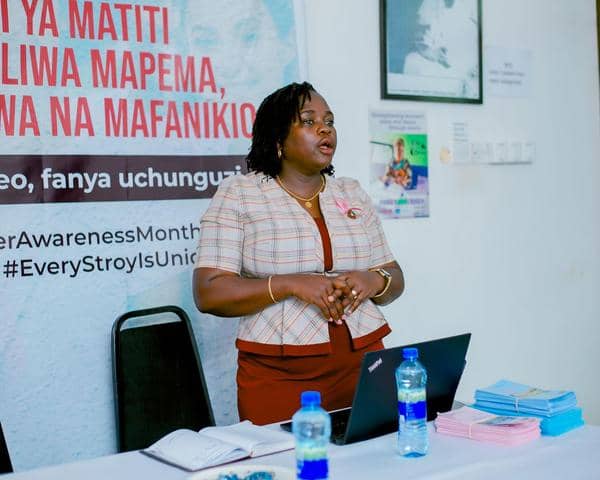

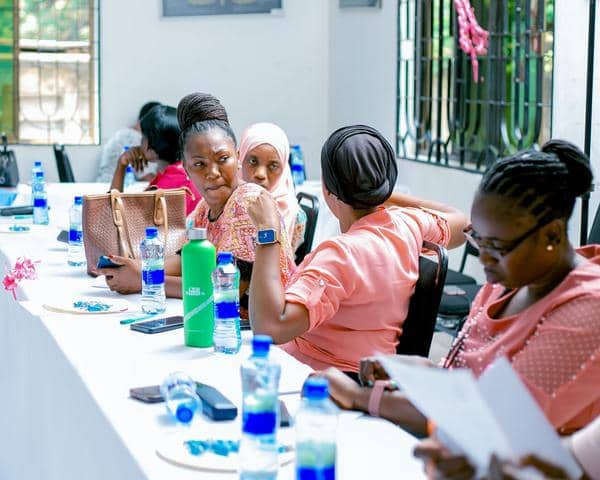
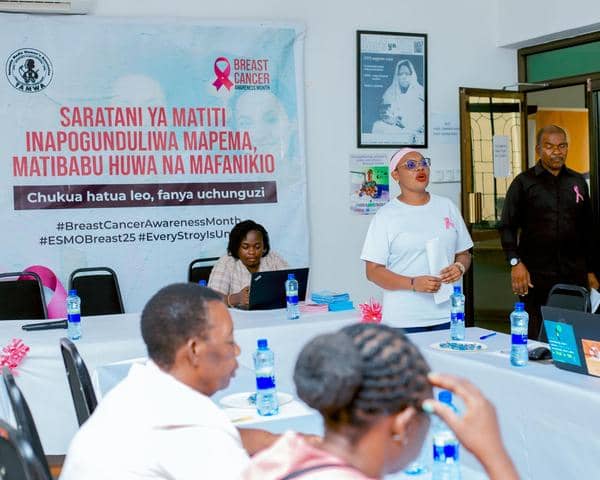
Delivering a detailed presentation, Oncologist Dr. Fraja Kiwangu from the Ocean Road Cancer Institute said cancer continues to be a major global health concern, with over 40 million people living with the disease worldwide. In Tanzania alone, about 42,000 new cases are reported each year — a figure she said reflects the urgent need for early screening and awareness.
Dr. Kiwangu explained that 60% of cancer cases are preventable, linking the disease to lifestyle factors such as unhealthy diets, poor cooking methods, consumption of expired or processed foods, obesity, smoking, excessive alcohol use, and exposure to harmful chemicals. She added that infections such as hepatitis, certain parasites, as well as age and gender, also increase the risk of cancer.
She described breast cancer as one of the most common cancers among Tanzanian women, caused by abnormal cell growth in breast tissue. Key risk factors include early menstruation, not having children, lack of breastfeeding, obesity, smoking, excessive alcohol consumption, and hereditary history of the disease.

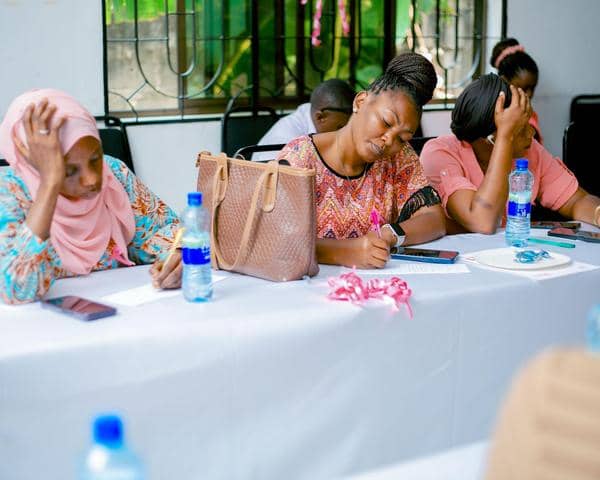
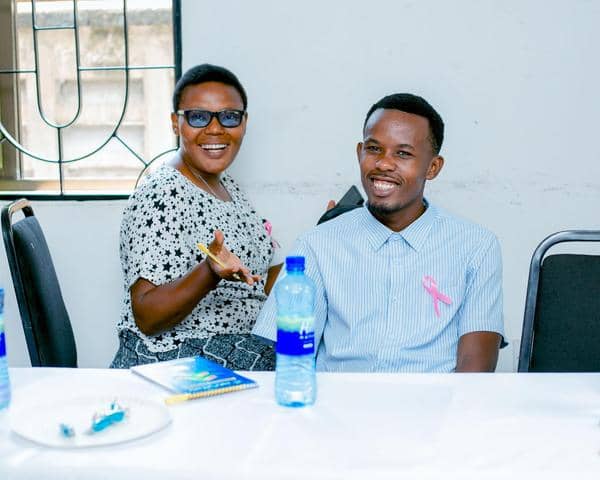
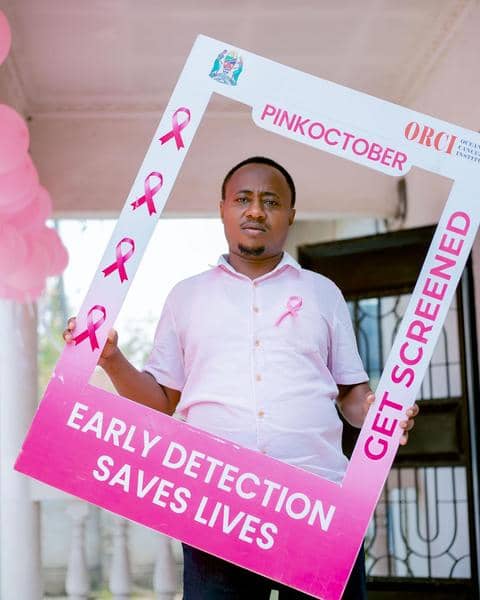
Common symptoms, Dr. Kiwangu said, include lumps in the breast, changes in color or skin texture (appearing like an orange peel), nipple inversion, and discharge from the nipples.
She outlined treatment options such as surgery, chemotherapy, and radiotherapy, noting that early detection remains the best defense against severe outcomes. Dr. Kiwangu urged women to adopt preventive habits — including regular self-examinations, balanced diets, and at least 30 minutes of exercise five days a week. Women aged 40 and above are encouraged to go for clinical breast exams, while those with a family history of breast cancer should begin screening earlier.
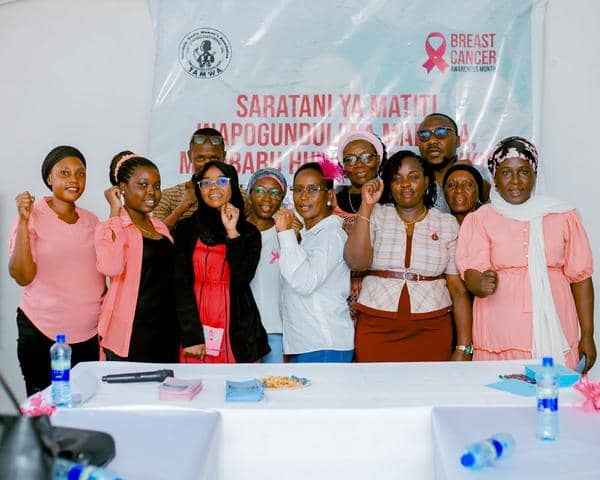
She also highlighted the psychological and emotional toll of cancer treatment, which may include hair loss, body changes, low self-esteem, and marital strain. She emphasized the importance of long-term counseling, support groups, and strong family and spiritual support to help survivors rebuild their confidence and wellbeing.





